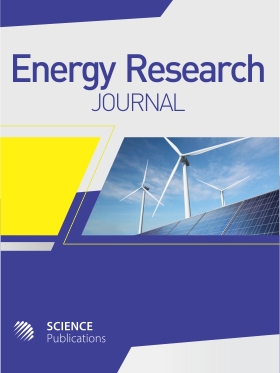A Strategic Study on the Environmental Impacts of Wind Turbine Blade Materials, their Improvements, Economics and End-Life-Options
- 1 National Institute of Technology Tiruchirappalli, India
Abstract
Wind energy is a great alternative to solar energy (During monsoon) along with conventional non-renewable energy sources and has a potential market growing exponentially. Modern 3 Blade HAWTs are most dominant in the market and have high efficiency. Blades are 15 to 20% of the cost of the wind turbine unit and also exposed to the environment. Therefore it is crucial to employ suitable material that has lightweight, high stiffness and strength. Carbon fibre, Glass Fibre, Timber are some materials that are used for blade manufacturing. Design can be improved by stress deformation analysis, load estimation via methodology of blade element momentum or computational simulation using deep learning. Also, by developing a bio-inspirational method via 1% Gravo-Aeroelastic Scaling (GAS), cavity optimization approach and vacuum infusion or reinforcing resins in composites, to improve mechanical properties. To prevent surface erosion due to acidic or saline or rainwater, it is coated with a protective layer. Mechanical recycling of the blade material composites is both simpler and economically viable in comparison to thermal and chemical recycling.
DOI: https://doi.org/10.3844/erjsp.2020.36.44

- 4,466 Views
- 1,841 Downloads
- 3 Citations
Download
Keywords
- Blade Materials
- 1% GAS
- Surface Erosion
- Economics
- Wake Effect
- End-Life-Options
